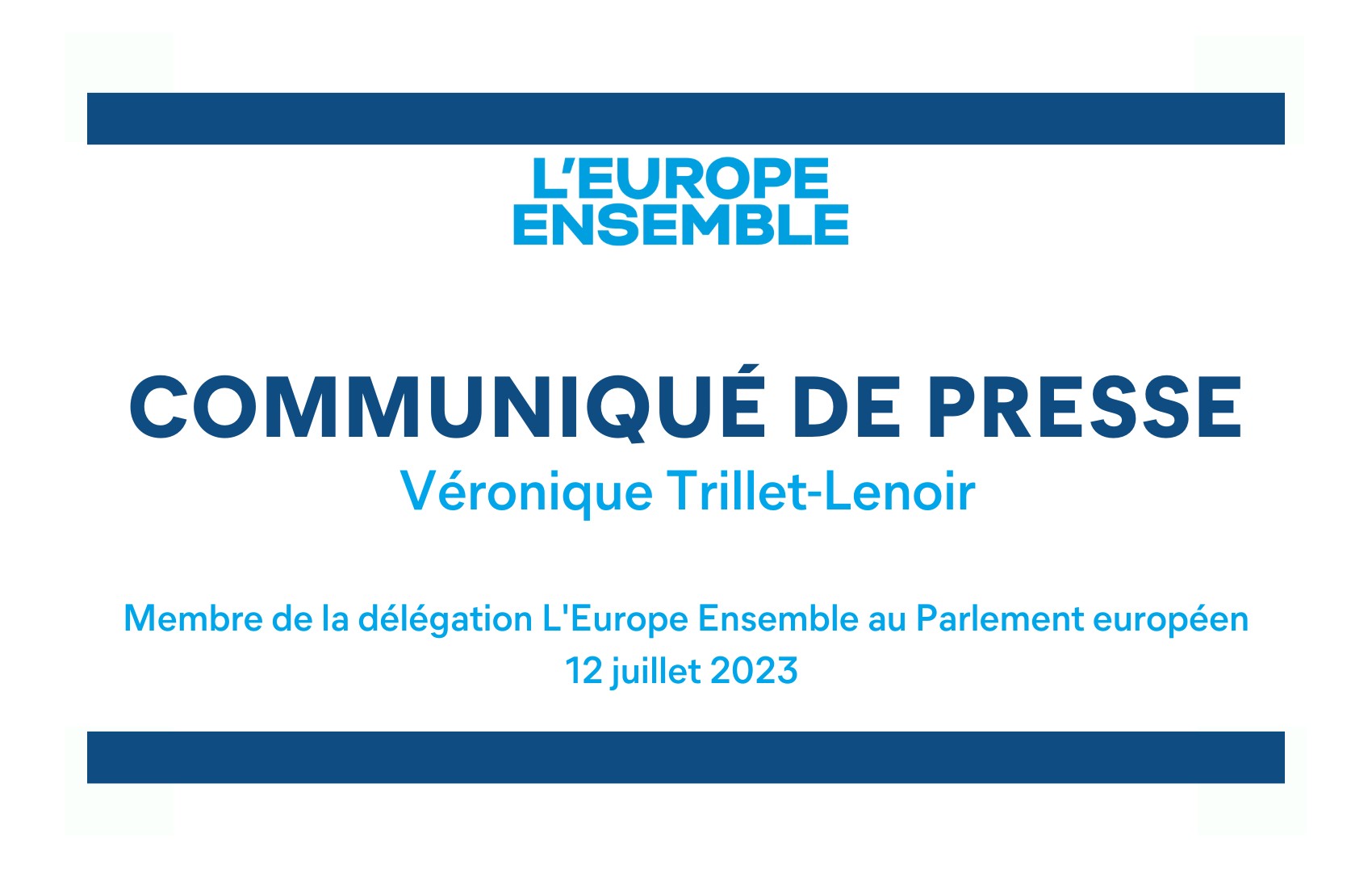Today the European Parliament adopted, in plenary session, the agreement for an ambitious and strong European program in the field of health for the period 2021-2027 concluded with the Council.
“An agreement on the budget between the ambitions of the Parliament and those of the Council was not easy to find. Initially endowed by the Commission with a budget of 9.4 billion euros, the program was drastically reduced last July to 1.7 billion euros by the Heads of State and Governments of the EU.
Thanks to the perseverance of the European Parliament negotiating team, we finally have a budget of 5.1 billion euros to promote and implement European health policies. This is a significant victory that shall benefit public health and the health of the European population” adds the Renew Europe Vice-Coordinator to the environment, public health and food safety committee in the European Parliament.
“Beyond agreeing on numbers, this deal marks the first milestones for a true European Health Union.
As the Renew Europe shadow on this dossier, I am proud and glad to underline that this agreement takes into account more than 90% of the priorities defended by my political group over the past months " declares the Member of the European Parliament (MEP).
“This regulation makes health promotion and disease prevention its first and foremost goal. This was a political priority of the European Parliament which our partners have rallied behind. The text agreed upon clearly states that reducing health inequalities between and within Member States and assessing the health impact of all European policies and actions will be necessary measures underpinning the achievement of this first objective
Our global vision of health predominates in this regulation. We are delighted to have convinced the Council on the need to take health determinants, the Health in All Policies approach, environmental risk factors and the inextricable link with the Green Deal objectives into account” welcomes the MEP.
“This program will unfortunately not allow actions to ensure the health and safety of workers. The European Social Fund Plus (ESF +) is certainly the best tool to cover these actions but we must not wait for workers to be sick to reflect and promote synergies between the two
programs. This question will soon be back on the Parliament’s agenda as part of the consultations on the new Strategic framework for health and safety at work and in the negotiations on the revision of the directive on the protection of workers from the risks related to exposure to carcinogens or mutagens at work” insists Véronique Trillet-Lenoir.
“Examples of the many Renew Europe priorities now included in the EU4Health programme include: strong commitments to addressing chronic diseases, setting-up a European network of national cancer institutes, guaranteeing access to sexual and reproductive health care, clear references to strengthening the mandates and resources of the European Medicines Agency (EMA) and the European Center for Disease Prevention and Control (ECDC), the creation of a Health Emergency Response Authority (HERA or European Barda), coordinating national health systems stress tests, developing quality health standards, extending further European reference networks (ERNs) to complex communicable and non-communicable diseases or of low prevalence diseases, multiple references to European-wide Health Technology Assessment (HTA)” underlines the MEP.
“In comparison to previous EU health programs, major advances have been made when it comes to the role of associations and non-governmental organizations and, to a lesser extent, on the collaboration with the European Parliament.
Co-legislators have agreed on a new article making it mandatory to consult specialized associations and NGOs when developing annual work programs and to present the results of these consultations to the European Parliament each year.
Further, the Parliament secured the earmarking of funds dedicated to health promotion and disease prevention (a minimum of 20% of the budget), the constitution of a strategic reserve of medicines and medical products during health crises (a maximum of 12,5% of the budget) and a specific funding for international health initiatives (a maximum of 12,5 % of the budget). Such an agreement on the allocation of funds is an unprecedented achievement" outlines Véronique Trillet-Lenoir.
“With this trilogue agreement on the EU4Health program, we are securing the financial means to build the European Health Union, without waiting for a modification of the Treaties.
As the Rapporteur on serious cross-border threats to health, I will promote the creation of a European health emergency plan to enable the European Union to better anticipate and manage future health crises “announces Mrs Trillet-Lenoir.
“This budgetary program is just a prelude. The Conference for the Future of Europe will, of course, allow us to shape more precisely our vision for the European Health Union, which seems to be finally emerging" concludes the MEP.



